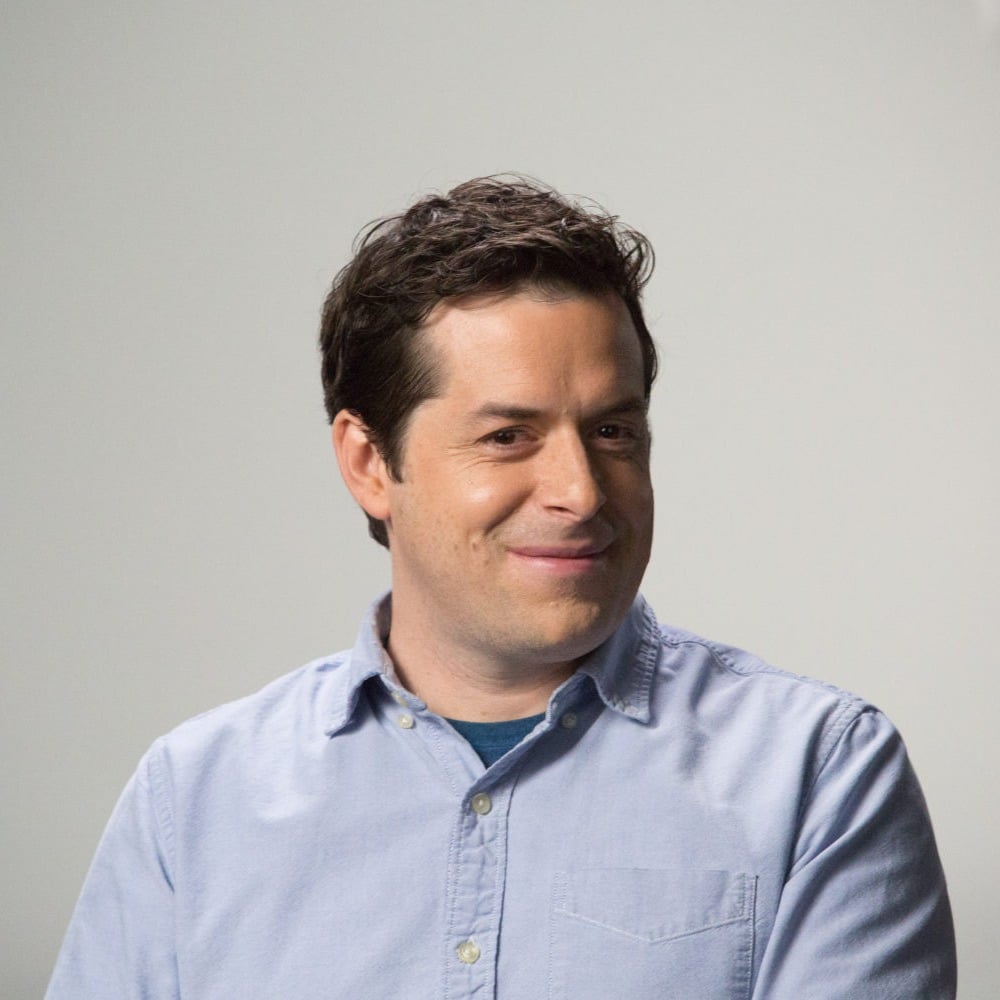Everything has changed. Coronavirus has changed the way we work, play, and relate. Now with school starting up again, a whole new batch of change is upon us. What is it about change that makes it so stressful and what can we do to survive it?
One of the simplest reasons why change is so stressful is that it just takes more mental energy. Our minds are built to automate commonly repeated tasks and decisions. You likely didn’t have to think about whether or not to brush your teeth today, but that’s a habit that once required a great amount of focus.
I’m currently trying to convince my three-year-old that brushing her teeth is a good and valuable twice-a-day habit. If I don’t remind her, she forgets. If I don’t force her, she opts out. But the day will come where she will just brush her teeth without thinking much about it. The stress she’s currently experiencing about it will simply vanish as the habit becomes mentally automated.
Same goes with introducing any new kind of routine or habit to our lives this fall (like online schooling, distance working, or Zoom hang outs). The beginning is stressful simply because our minds have yet to automate the routine. So lower your expectations this fall on what you’ll be able to accomplish in a day. Why? Because your daily to-do list will now involve a greater number of new tasks.
Years ago I started noticing that whenever I had a new project at work, new challenges in a relationship, or other changes that were causing stress, I would tend to get canker sores in my mouth. As I’m not always the most emotionally self-aware person, I had to train myself to assess my stress levels whenever those physical symptoms returned. I’ve learned listening to and taking care of my body is a big part of tackling stress.
I’m reminded of a story in the Bible about a guy named Elijah. You can read the story HERE (1 Kings 19), but basically he had a big and stressful showdown with the king of his country. He got depressed and stressed to the point that he says, “I’ve had enough, Lord. Take my life.” Do you know what God tells him to do? He tells him to get up and eat. Maybe that’s what you’ll need to do this fall. Consider upping your physical care routine. That might mean a gym membership, a weekly run, or a more careful diet. You decide, but know that sometimes stress just requires you to “get up and eat.”
Change also has an emotional effect. When you’re physically and mentally stressed, you’ll feel it emotionally, too. I can’t help but think back to a story in the Bible about the last words that Jesus gave to his followers before he left earth. He was about to ascend into heaven and change everything about their lives. For years they traveled with him, ate with him, heard his voice, and found comfort in his presence. Then he gives them this massive mission of traveling the world to go and spread his message. It would have been a bewildering and scary final commission.
But Jesus knew something about the emotions of his followers (and of all humans, for that matter). Emotions need a spiritual grounding. They need a tether and a place that is sure when all else is in flux. So Jesus said this: “I will be with you always, till the very end of the age.” If you don’t have that spiritual grounding, I’ll just say from experience, the change ahead will be that much more difficult. God is real and God is here for you. You’ll need that spiritual truth to weather the change that’s ahead.
If you’ve never really grasped onto that truth, or don’t really even know how, check this video or even talk to one of our Live Second Coaches.

Doug Bender is an I Am Second writer and small groups coach. He developed many of the small group tools found at iamsecond.com and has coached churches, organizations, and individuals to use I Am Second groups to share the message of Jesus with their friends and family. He also works with I Am Second's parent organization, e3 Partners, as a church planter and pastor in countries such as Ethiopia, Colombia, and the US. Doug and his wife, Catherine, have four children: Bethany, Samuel, Isabella, and Jesse.